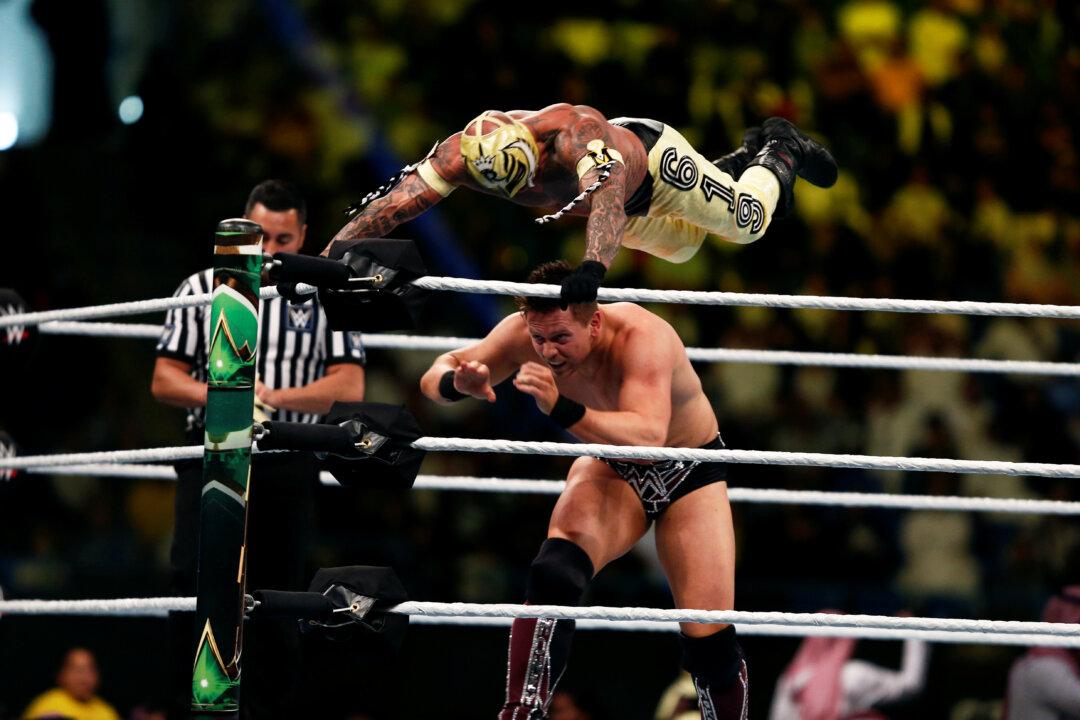A brawl between World Wrestling Entertainment Inc.’s bears and bulls could reach a peak this year as the company renegotiates overseas contracts.
While a large contingent of short sellers have been betting that the stock will fall, WWE’s most ardent Wall Street fans say it will continue to rise even after outperforming the stock market last year and for much of 2019.





